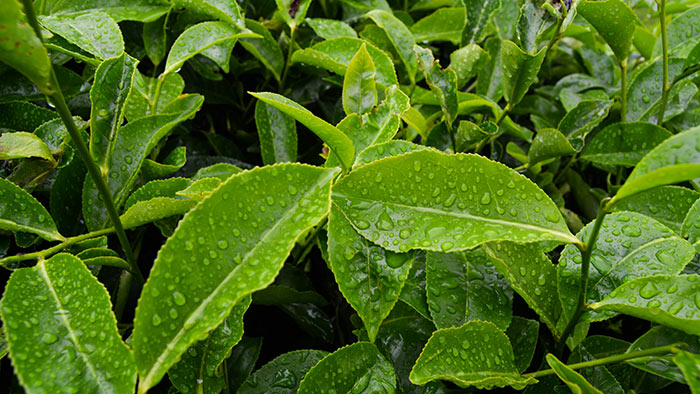Sri Lanka tea export earnings to hit record high

(Photo by Rashid on Unsplash)
COLOMBO (AFP) – Sri Lanka is expected to earn a record 1.4 billion dollars from its tea exports this year thanks to a bumper crop, an official said Thursday.
Tea, Sri Lanka’s biggest cash crop, earned 71.3 billion rupees (635 million dollars) in the first six months of 2010 compared with 58.2 billion rupees in the corresponding period last year.
“We are forecasting about 1.4 billion dollars in export earnings for this year. The fourth straight year to exceed a billion dollars in exports,” Sri Lanka Tea Board director general H.D. Hemaratne told AFP.
Often sold on overseas markets as “Ceylon tea,” the commodity earned 1.3 billion dollars in export sales in 2009, despite drought hitting production and shipments suffering from the effects of the global crash in 2008.
Tea shipments from January to June rose to 143.3 million from 134.5 million kilogrammes in the same period of 2009, the board said.
Russia and former Soviet republics are the largest markets for Sri Lankan tea, accounting for nearly a fifth of total exports, followed by the Middle East and North African buyers.
Hemaratne forecast leaf output to hit a record 320 million kilogrammes this year, helped by good weather, improved fertiliser use and an absence of labour unrest.
Latest Headlines in Sri Lanka
- Former Minister Mervyn Silva arrested by CID March 6, 2025
- Suspected gunman arrested in Middeniya triple murder case March 5, 2025
- Daisy Forrest arrested by CID over money laundering case March 5, 2025
- Sri Lanka to launch pension and welfare scheme for tourism sector March 5, 2025
- Sri Lanka Police deploy advanced U.S.-made speed guns to curb road accidents March 5, 2025



Tea has many beneficial properties to health. It has also the rare vtamin P which strengthens the walls of the blood vessels. It is better to drink 5 cups of tea a day than coffee. To enjoy fully its beneficial properties tea should be drunk without the addition of milk, which practice was introduced by the colonia suddas. The addition of a sliver of ginger or a few drops of lime juice helps to improve the flavour.
However, there are enemies to our tea industry. Not only does it have to cope with natural disasters such as adverse weather conditions and diseases but we now have a new enemy. These are the thugs who collect tea waste from hotels for nothing, dry it, add colour, re-package and sell it in the open market as well as export it under popular brand names. This is disgraceful! It is unpatriotic and unhealthy. It brings dishonour to our country. Countries that buy our tea having tasted this adulterated tea waste would be then put-off from importing our quality tea. One such country was Iran who turned away shipments which were adulterated in this manner.
Last year, one such gang was arrested in Colombo. But nothing more was heared about this case. Were they released and the case sweapt under the carpet? Were there politicians, police big-wigs in cahoots with these tea mafias? Isn’t it high time the media investigate and release a dossier on the activities of this tea mafias so that relevant ministries take immediate action to totally destroy such gangs that is a threat to one of our main export earners.
We have to be also alert to foreign sabotage of our tea industry, mainly by our competitors such as India and China, who may introduce diseases to tea plantations, such as tea blight. This would be a big blow to our tea export. From the tea plantation owners/growers, workers on the ground to relevant ministries, all should be on constant vigil against such sabotage. There should be heavy penalties to all who try to sabotage our tea cultivation and export, no matter who they are.
Nicholas Dias
thank you very much nicholas u just Passed very important message to our country one of nation value “tea”..hope responsible ministers will workout the matters with out sleepy life style